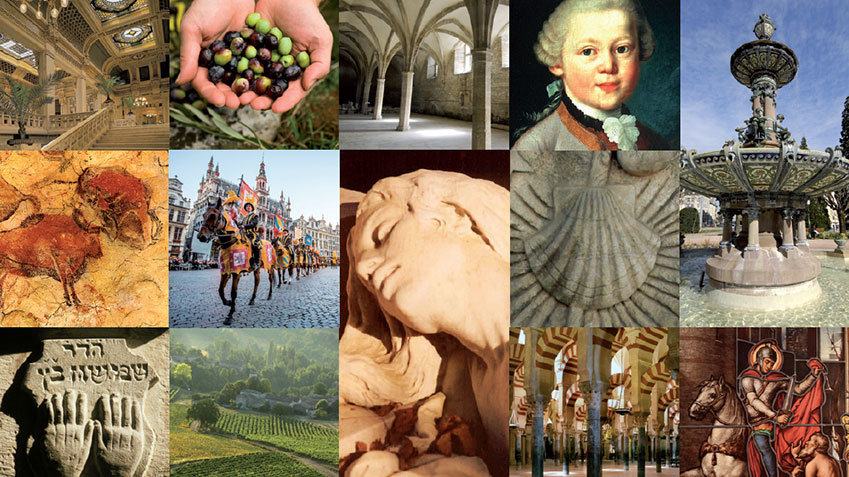Cultural Routes of the Council of Europe programme

The Cultural Routes programme (DG Democracy) was launched by the Council of Europe in 1987 with the Declaration of Santiago de Compostela.
The Cultural Routes of the Council of Europe are an invitation to travel and to discover the rich and diverse heritage of Europe by bringing people and places together in networks of shared history and heritage. They put into practice the values of the Council of Europe: human rights, cultural diversity, intercultural dialogue and mutual exchanges across borders.
Over 45 Cultural Routes of the Council of Europe provide a wealth of leisure and educational activities for all citizens across Europe and beyond and are key resources for responsible tourism and sustainable development. They cover a range of different themes, from architecture and landscape to religious influences, from gastronomy and intangible heritage to the major figures of European art, music and literature.
The certification “Cultural Route of the Council of Europe” is a guarantee of excellence. The networks implement innovative activities and projects pertaining to five main priority fields of action: co-operation in research and development; enhancement of memory, history and European heritage; cultural and educational exchanges for young Europeans; contemporary cultural and artistic practice; cultural tourism and sustainable cultural development.
Through its programme, the Council of Europe offers a model for transnational cultural and tourism management and allows synergies between national, regional and local authorities and a wide range of associations and socio-economic actors.



